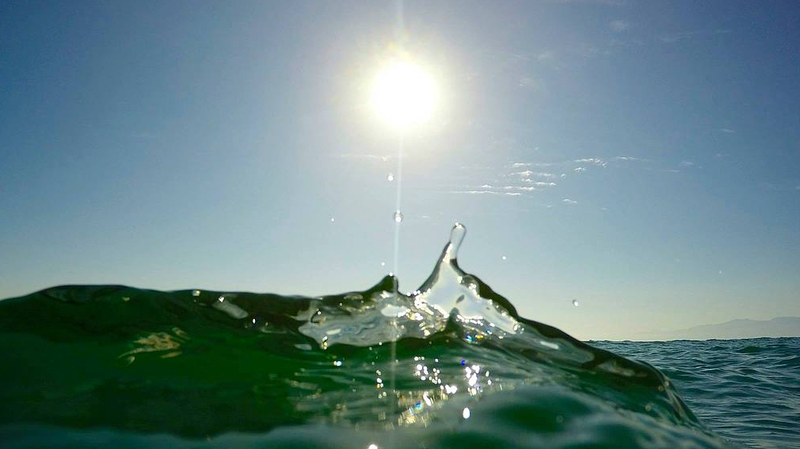New research reveals a startling trend: the number of days our oceans endure extreme heat has nearly tripled over the past 80 years. In the 1940s, the global sea surface experienced about 15 hot days each year. Today, that number has soared to almost 50 days annually, a clear sign that global warming is ramping up marine heat waves.
Scientists from top institutions including the Mediterranean Institute for Advanced Studies, the University of Reading, International Space Science Institute, and the University of the Balearic Islands collaborated on this study, published in the Proceedings of the National Academy of Sciences. They found that nearly half of these marine heat waves can be directly linked to rising global temperatures. 🌍🔥
These extreme heat events are not just numbers—they have real impacts. Unusually warm waters can devastate underwater ecosystems, harming coral reefs, kelp forests, and seagrass meadows. As Xiangbo Feng from the National Centre for Atmospheric Science explains, these changes could even lead to less stable atmospheric conditions and more powerful tropical storms in certain regions.
Imagine turning up the heat in your home without a way to cool it down—now picture that on a global scale. This study is a wake-up call showing that if we ignore the signs of climate change, our oceans and the weather above them could suffer major disruptions. Let’s stay informed and take steps to guard our planet’s future. 🌊💡
Reference(s):
Extreme marine heat waves tripled over past 80 years, study finds
cgtn.com




